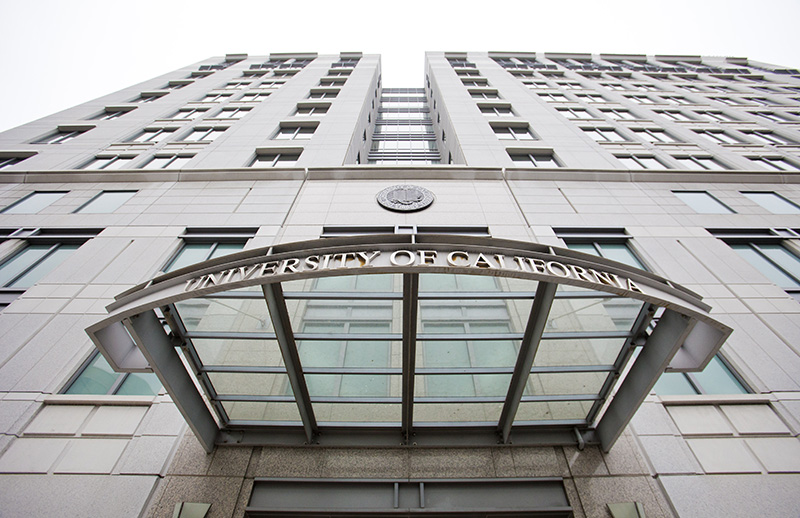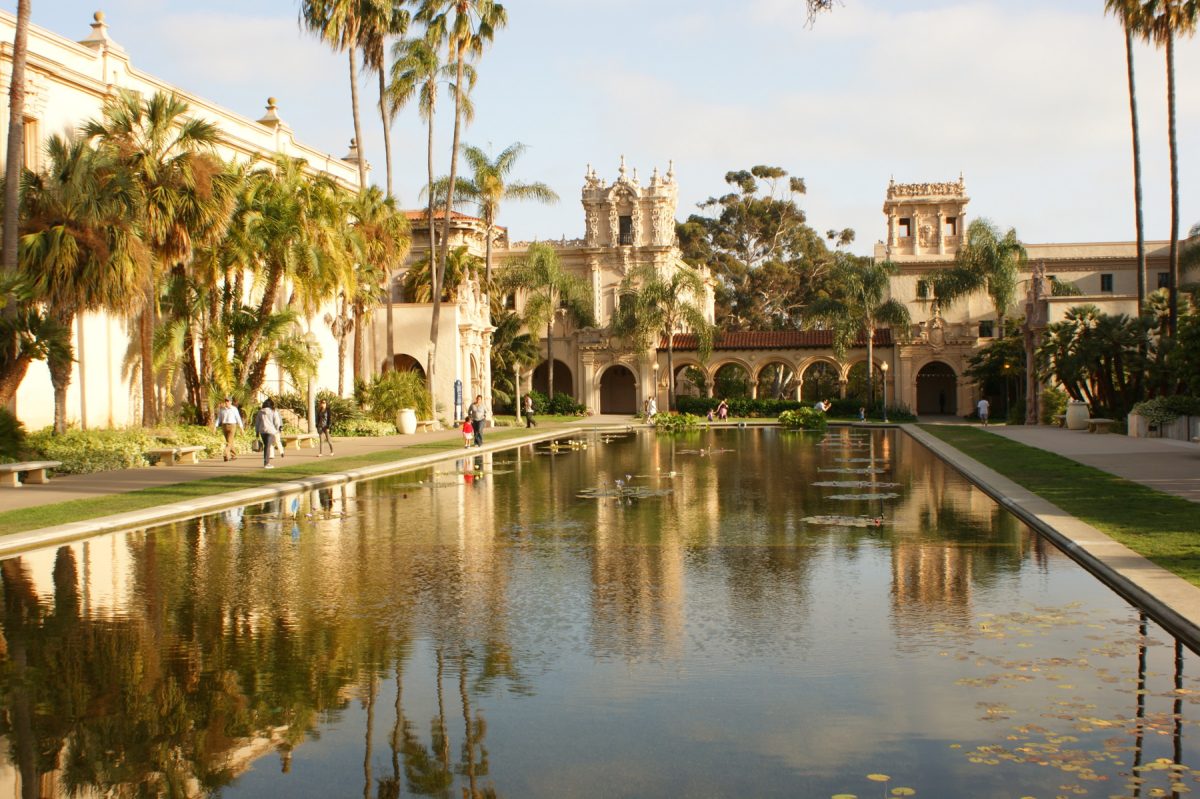Following the release of the Associated Students Office of the President’s quarterly report on Dec. 6, the UCSD Guardian and A.S. Council President Daniel Juarez met to discuss new services implemented by A.S. Council during fall quarter as well as plans the council is working on for the remainder of the academic year.
By speaking to the student press and releasing quarterly reports, Juarez said she hopes the student body will become more aware of the work A.S. Council is doing, and that students will be more active in the decision-making process when it comes time to vote on upcoming referendums. During our conversation, Juarez highlighted the following:
Public Transportation
- In 2019, the Transportation Fee Referendum, which provides every student with a Triton U-Pass that allows them to use any of the MTS bus lines, will be up for reconsideration. A.S. Council will issue a transportation survey mid-February to decide whether to keep, abandon or modify the transportation fee to better serve students’ needs.
- As an auxiliary service, public transportation cannot be funded by state funds or university funds, making the service reliant on the passage of a fee referendum.
- Juarez said A.S. Council is considering increasing the fee to include public transportation throughout the summer depending on responses to the transportation survey.
Triton Food Pantry
- The Triton Food Pantry, located in the Original Student Center, is being expanded into the neighboring space, where A.S. Soft Reserves and Lecture Notes used to be.
- Juarez expressed excitement that the Triton Food Pantry will have an “actual space to do programming and have a central base where students can know where their basic needs can be met.”
- Construction began over winter break but is slightly behind schedule. Furnishings, an industrial sink for washing produce and a countertop, in place of the sink at the original location, will be added. In addition, the windows previously used for purchasing workbooks will be removed and replaced by a two-door entrance.
Basic Needs Coordinator
- The office of the Basic Needs Coordinator, a position created under Juarez’s leadership, will be located in the Triton Food Pantry and will focus on coordinating basic needs programs, including food and housing. The Basic Needs Coordinator will also be available for counseling and one-on-one meetings with undergraduate students.
- While the coordinator’s office will be located in the pantry, they will not oversee pantry operations.
- The Basic Needs Coordinator will work hand-in-hand with the Basic Needs Committee.
- “The Basic Needs Coordinator will focus on the overall mission of the Basic Needs Committee,” Juarez said. “[That includes] the programming, case-management portion, marketing and resources, making it known that there’s a protocol for how to deal with basic needs insecurity.”
Temporary Housing
- Juarez and A.S. Council hope to formalize a protocol for students in need of immediate housing where HDH would fill empty beds in campus dorms, giving students the chance to solve their housing crises and avoid homelessness.
- Juarez said HDH has been responsive to students in need but that A.S. Council would like to see a formal program implemented by the beginning of the next academic year.
- “In the past, when there have been students with immediate need for housing, we’ve been able to collaborate with HDH in order to find any available options on campus,” Juarez said. “That’s something that we’re trying to formalize.”
- Juarez said a major roadblock is finding money that can be allocated toward such a program.
- The program would be broken down by college, where students would go to their dean in the event of a housing crisis and be referred for temporary housing.
- While filling empty beds is the most feasible method of achieving a temporary housing program, Juarez said she’d like to see the university invest in a construction project that serves temporary housing needs exclusively.







Hot Dog Madrigal • Jan 19, 2017 at 3:27 pm
She…